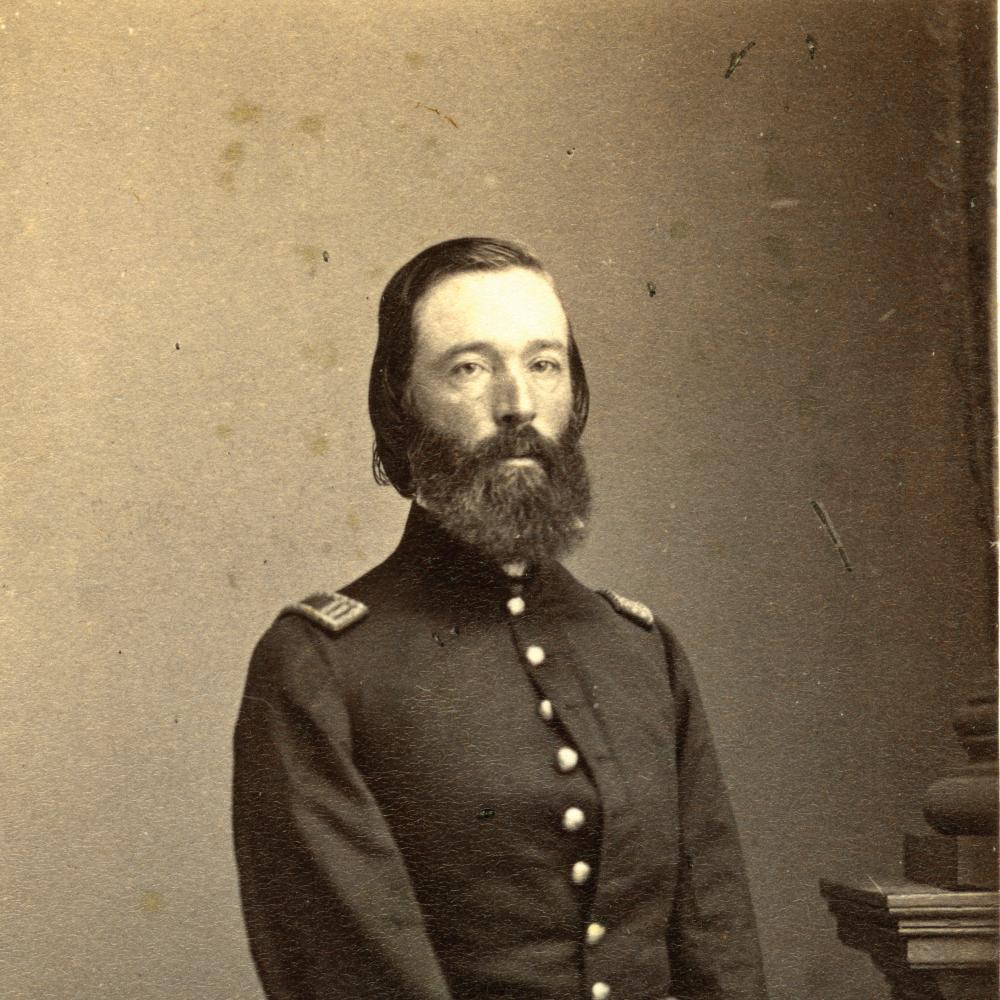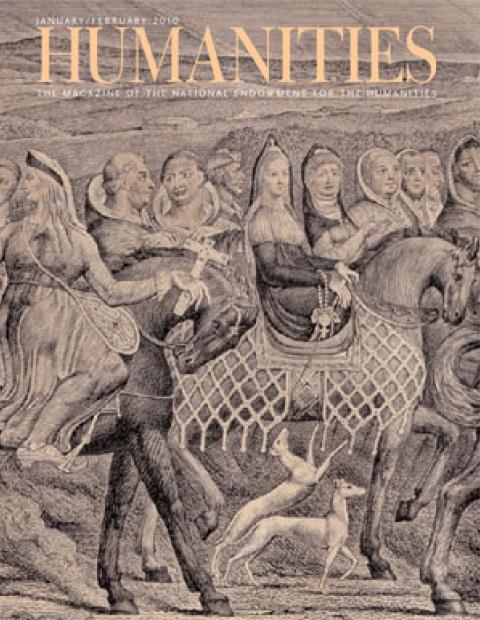In the Lizzie Gilmore collection of family letters, available through Community and Conflict, a new digital archive devoted to life in the Ozarks during the Civil War, the formalities of correspondence are all-important. The hope that a letter “finds” its recipient is not expressed lightly, nor is the report that someone is “alive and well.” For although the Ozarks saw only a few battles early in the Civil War (the sesquicentennial of which is observed next year), the trials of war linger and color every aspect of life.
The letters in this collection are written mainly by the womenfolk. (There are, in fact, numerous collections on Community and Conflict, which was arranged by Missouri’s Springfield-Greene County Library District and its partners.) Accounts of passing troops commandeering food and shelter alternate with local gossip and heartfelt wishes that none should taste “the bitter cup of seperation of Husbands and Brothers.”
It is possible to suffer far worse. “The bushwhackers continues to visit this part of the country. They were in five miles of us. Sunday night last they shot an old man through the face & through the breast. Haven’t learned . . . whether the old man survives yet or not.”
The subject of politics is prominent in this family, whose loyalties are divided between North and South. “You said that you was Union and all the rest were secesh,” cousin Alice comments in a letter to her aunt and cousins, then adds: “I am glad you are for the Union, but I am sorry you are alone.”
And yet some things never change. “Well cousin, this is a leap year and per hapse you would like to know how I am prospering in talking to the young men,” writes Elizabeth Loyd in June of 1864. “I thought I was a very splendid hand to make matches but I am very mutch deceived in myself. . . . I have bin talking to Mr Lowery all this year and I cant get him in the notion to mary.” Elizabeth then notes, with transparent envy, the recent marriage of a Mr. Vosier to a young girl named Virginia Brook, who is “very good looking but not smart atall.”
Eavesdropping on history in this way can lead to disturbing realizations about the human heart. In the same letter complaining sympathetically that a good man can be hard to find, Miss Loyd returns to the subject of war. “There has bin some negrose soldiers passing through our country pressing negroes in to service. If I had holt of them I would press there heads for them. They caused 2 black boys to run away from us.”
Elizabeth, one discovers, is from the “secesh” side of the family: “I had better quit before I get mad,” the letter continues, “for every time I get talking about the negroes I get mad.”


